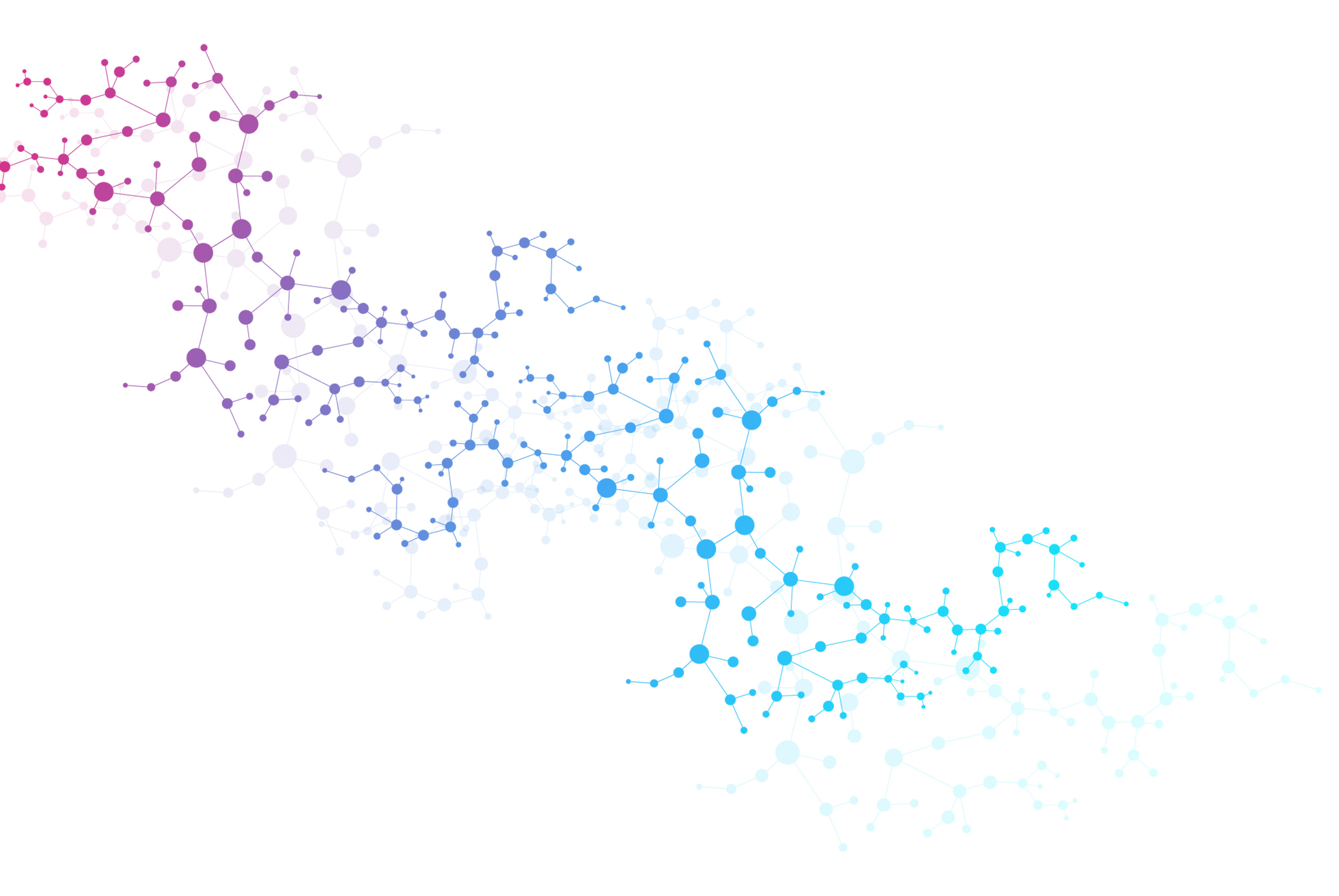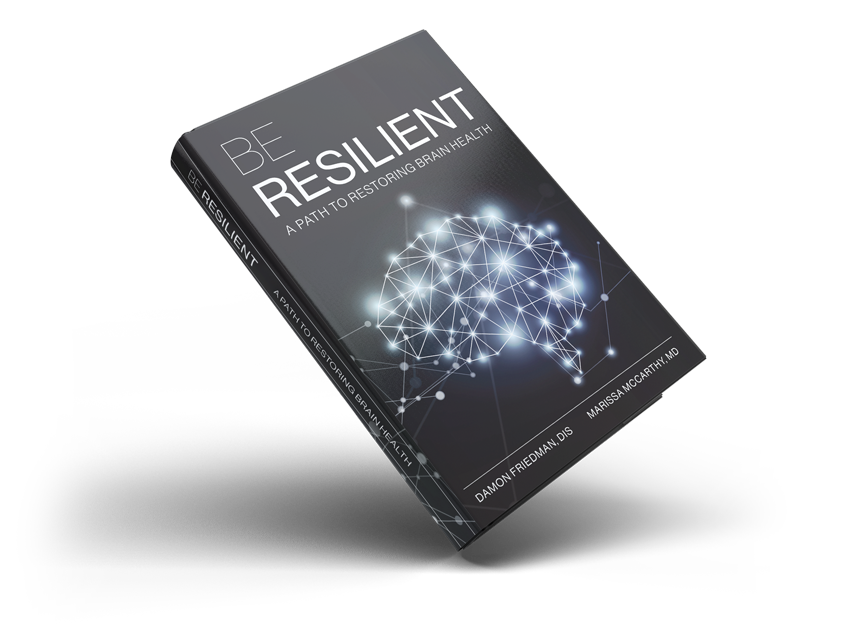

ABOUT
ME
Dr. McCarthy

Bio
Dr. Marissa McCarthy has served as medical director at an elite and nationally recognized Traumatic Brain Injury facility. She treats the elite special forces from the United States Special Operations Command (SOCOM) and Special Operations Command Central (SOCCENT). She is Program Director for the University of South Florida Physical Medicine and Rehabilitation Residency Training program. Dr. McCarthy holds an academic appointment at the University of South Florida in the department of Neurology as an Associate Professor.
She is an invited lecturer and has participated in national and international presentations and research seminars. Dr. McCarthy is a speaker and faculty instructor for multiple companies including Allergan Neurosciences, Ipsen Biopharmaceutical, and Merz Pharma.
Dr. McCarthy volunteers as medical director for SOFMissions, a 501c3 non-profit, and leads their multidisciplinary Resiliency Project (TRP).TRP is a holistic, four component program that empowers warriors to find purpose and be resilient to combat the veteran suicide epidemic.
Book Coming Soon
Chapter 1 The Journey Begins
Overall theme: Where the Idea the for book began
Dr. Marissa McCarthy recounts her early training and career that launched her into a world of war related trauma, brain injury, and serving as a physician in a rehabilitation center. This chapter revolves around her drive to help those who had been injured post 9/11. She meets Dr. Damon Friedman who served 20 years in the military and shares his stories, his struggles, and his road to recovery. Together they embark on a journey to address the different aspects of healing and being resilient.
Chapter 2 Mild TBI (MTBI)
Overall theme: Introduction to MTBI: Causes, Symptoms, Effects, and Treatment
Mild TBI (MTBI) has been coined the signature injury of the War on Terror that began in 2001. This is the longest war our nation has fought. MTBI is often used synonymously with another familiar term, concussion. In this chapter we are going to discover what military, law enforcement officials, fire fighters, and first responders can incur during training or in action that can lead to a MTBI. Repetitive sub-concussive blast exposure leading to MTBI is also going to be addressed. Amateur athletes to professional weekend warriors are also known to sustain MTBI on the field and during practice. In addition, the general public is at risk for MTBI due to falls, motor vehicle accidents, and/or violence.
Chapter 3 PTSD
Overall theme: Introduction to PTSD: Definition, Causes, Symptoms, and Treatment
PTSD is defined by the veteran affairs as “a mental health problem that some people develop after experiencing or witnessing a life-threatening event, like combat, a natural disaster, a car accident, or sexual assault.” Any person can develop PTSD at any time and at any age from a young abused child to a seasoned first responder in a crisis situation. Certain factors like the type of trauma, age, gender, social support, and stress play a role as to whether or not a person develops PTSD. PTSD symptoms can start right after the event, months, or even years later. There are general symptoms that will be reviewed in this chapter; however, individuals exhibit them in their own way.
Chapter 4 Moral Injury
Overall theme: Introduction to Moral Injury: Concept, Symptoms, Treatment, and Prevention
This section will focus on moral injury, its causes, symptoms, treatment, and prevention. Moral injury is experienced by military personnel, law enforcement, first responders, and many other high threat occupations. Healing from a moral injury is best dealt with through a holistic health care model. Understanding how to reintegrate a person after a moral injury leads to personal growth and protection against anxiety and depression. Focusing on skills and practices to prevent moral injury and providing a path of recovery is essential for becoming resilient.
Chapter 5 Stress
Overall theme: Introduction to Stress: Definition, Effects on the body, Effects on the Brain, and Management
In this chapter we will focus on stress, what it is, how it effects the body and the brain, and how to manage it. Life may feel like it is exploding, imploding, or just toppling over. The effort to get through life’s stressors can take an enormous toll on our mind, body, and spirit. It is also hard to avoid people in life that are heavily affected by stress. From traffic, cost of living, emails, texting, cell phones, family, and workload we are affected every day.
Chapter 6 Sleep
Overall theme: Introduction to Sleep: Cycle, Hygiene, Inadequacies, and Treatment
Sleep is one of the most important activities any human being can do. The American Academy of Sleep Medicine recommends that adults sleep seven to nine hours a night. Many individuals experience sleep disturbances. We will learn about common sleep issues including short term insomnia, chronic insomnia, circadian rhythm disorders, and obstructive sleep apnea (OSA). One of the biggest misconceptions is that when one goes to sleep the brain shuts down and goes to sleep too. In fact, the brain is much more active during sleep and goes through different patterns of activity.
Chapter 7 Pain
Overall Theme: Introduction to Pain: Acute, Chronic, Headaches, and Management
Most people will experience pain at some point in their life. Pain is the body’s way of communicating that something is wrong. Once the injury heals the pain subsides. Unfortunately, some people develop chronic pain, pain that lasts more than 3 months. This pain then affects day to day life and mental health. Pain and headaches are a leading cause of employees missing work. Pain, especially when it becomes chronic (lasting more than 3 months) can be a huge challenge to manage. Many people who suffer from chronic pain usually only receive about 25% relief with medications or procedures. Luckily there are other approaches to help treat chronic pain when active rehabilitation, education, and pain psychology is implemented.
Chapter 8 Fuel
Overall Theme: Introduction to Fuel: Food for the Body, Supplements, Fuel for the Brain, and Alcohol
This chapter will focus on brain health optimization and oral intake as fuel, or what you put into your body. Intake includes food, alcohol, and supplements. What is good, what is bad, what is needed, and what is not necessary. The goal is for the reader to gain knowledge and resources to make good food choices and avoid nutrient void items. Another focus will be on what the body is missing and how supplements can replace what is needed. The chapter will assist the reader with understanding which supplements and diets are recommended for brain health optimization. Knowing that too much alcohol is not “good” for the body, this section will focus on the specifics of how alcohol affects the injured brain.
Chapter 9 Exercise
Overall theme: Introduction to Exercise: Brain Health, Chronic Pain, Sleep, and Stress Management
This section will focus on output, in other words, exercise as a mechanism to promote brain health, ease chronic pain symptoms, aid with sleep, and manage stress. Giving up exercise can lead to weight gain, heart and vascular issues, or simply missing out on activities that require physical movements. Exercise increases the body’s relaxation response that helps to regulate heart rate and blood pressure.
Chapter 10 A Call to Action
Overall theme: Putting words and resources into action
Together we hope that you will utilize the resources we’ve discussed in this book to have your brain evaluated, treated, and start on the path to heal. We want you to live and stop avoiding certain situations. Lean on your faith for hope and embrace community to help deal with the loss of trust, especially with leadership. By all means sleep, dream, heal. Ease your pain. Fuel your body with earth’s plenty. Pray, meditate, breath, and exercise; figure out your way to deal with stress. Get to know yourself and what needs to be strengthened or enhanced. We promise you will be more resilient than ever.

Overview & Preview
Be Resilient
A Path to Restoring Brain Health
In Be Resilient, we share our focus on the complexity of the brain, the symptoms those with mild traumatic brain injury may be suffering from, and the overlap that post traumatic stress disorder (PTSD) can impart. Psychological health disorders, like PTSD can lead to more pronounced cognitive dysfunction. Moral injury is psychological and spiritual leading to a multitude of symptoms that require understanding so that treatment can be implemented.
Ideally, preventing moral injury promotes resiliency and is part of the holistic health model. MTBI, PTSD, and moral injury can also affect sleep, which leads to a host of other problems that bring about physical, cognitive, and emotional symptoms. In addition, many service members suffer from pain due to headaches and the musculoskeletal system that has been worn down. Pain is a factor when it comes to sleep. Without sleep, your brain and body do not heal. Poor nutrition and substance abuse can lead to brain inflammation and impaired recovery. Without the basic understanding of brain and bodily intake, performance is degraded mentally and physically. Exercise is known to be good for the body and the mind. Keeping a healthy level of fitness in one’s daily routine aids in sleep, stress management, and keeps pain under control.
Publications
Dr. McCarthy has authored medical texts and peer-reviewed publications.

Encyclopedia of Clinical Neuropsychology
This chapter focuses on the Veterans Affairs Polytrauma System of Care from the time of injury to rehabilitation and the path to community re-integration.

Essentials of Physical Medicine and Rehabilitation
Chapter 145 Polytrauma Rehabilitation reviews the interdisciplinary approach to managing the polytrauma patient and the treatment team.

Essentials of Physical Medicine and Rehabilitation
Chapter 113 focuses on Temporomandibular Joint Dysfunction definition, management, and treatment options.

Principles of Rehabilitation Medicine
This chapter focuses on the complex care required to manage a patient with multiple traumas in the rehabilitation setting. This care requires a team approach to address potential issues.
Optimize Today
Free Weekly Tips
Contact Info
1-813-491-9075
info@raevenhealth.com